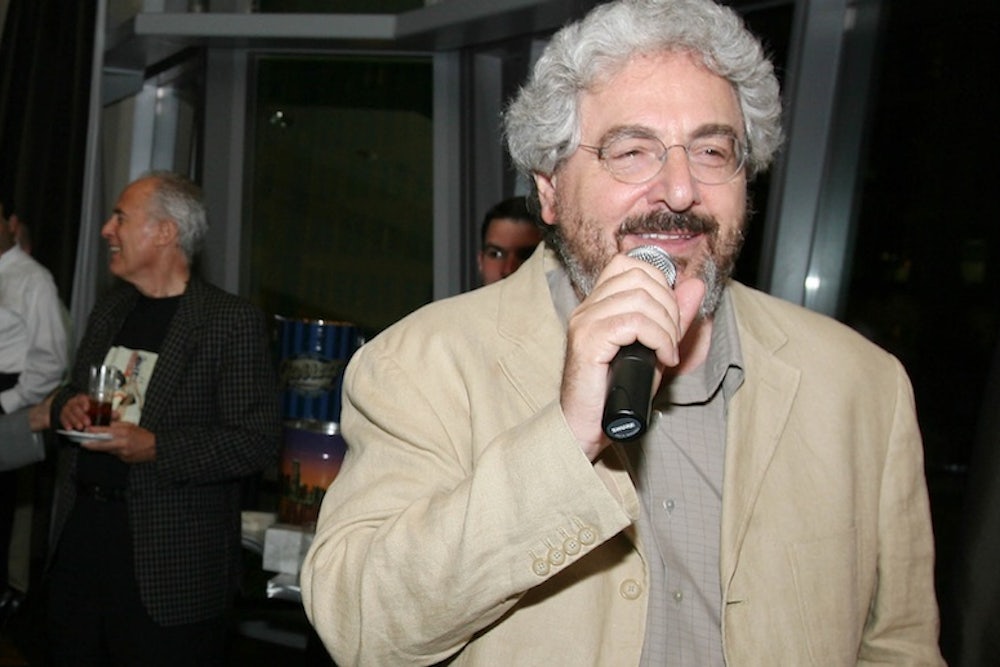If Harold Ramis had done nothing in his entire professional life except for writing and directing Groundhog Day (1993), he would still hold an important place in film history. Groundhog Day is not merely the most brilliant film comedy in 25 years; it is also one of the most rewatchable movies of the past several decades.
But Ramis did much more than bring that film to audiences. Indeed, the most amazing thing about his career, which came to an end today with news that he had passed away at the age of 69, is that it really did span different eras. This is the guy who directed Caddyshack and National Lampoon's Vacation in the early '80s; the guy who directed Analyze This along with Groundhog Day in the '90s; the guy who directed a number of episodes of The Office in the last decade; and the guy who, by writing Animal House (1978), Meatballs (1979) and Ghostbusters (1984), inspired several generations of comic directors and writers, notably the Farrelly Brothers and Judd Apatow.
It's certainly true that a lot of his movies (Multiplicity, Analyze That, Year One) were simply unfunny or worse. And even some of the "classics" that he contributed to—such as the original Vacation film—really don't hold up that well. But comedy, famously, is a tough business, and the fact that Ramis seemed able to capture the comedic zeitgeist for decades was the real sign of his talent.
I can't speak with expertise about his directing abilities, but it is certainly notable that he had a real gift for allowing actors to be themselves onscreen. Sometimes this could be a problem, as with Michael Keaton in Multiplicity, or Robert De Niro's embarrassing mugging in the ill fated sequel Analyze That. But in the case of Bill Murray—who starred in Stripes, Ghostbusters, and Groundhog Day—it was the stroke of genius. (That didn't prevent a feud from developing offscreen, interestingly enough.) If you watch these movies today—especially the first two—you will probably not be surprised that Murray's inspired work holds them together. And in both films Ramis lets Murray shine, lingering on his face, and allowing his quirky genius to dominate scenes. Sometimes that's all it takes to make a successful comedy. And Ramis made a lot of them. RIP.
